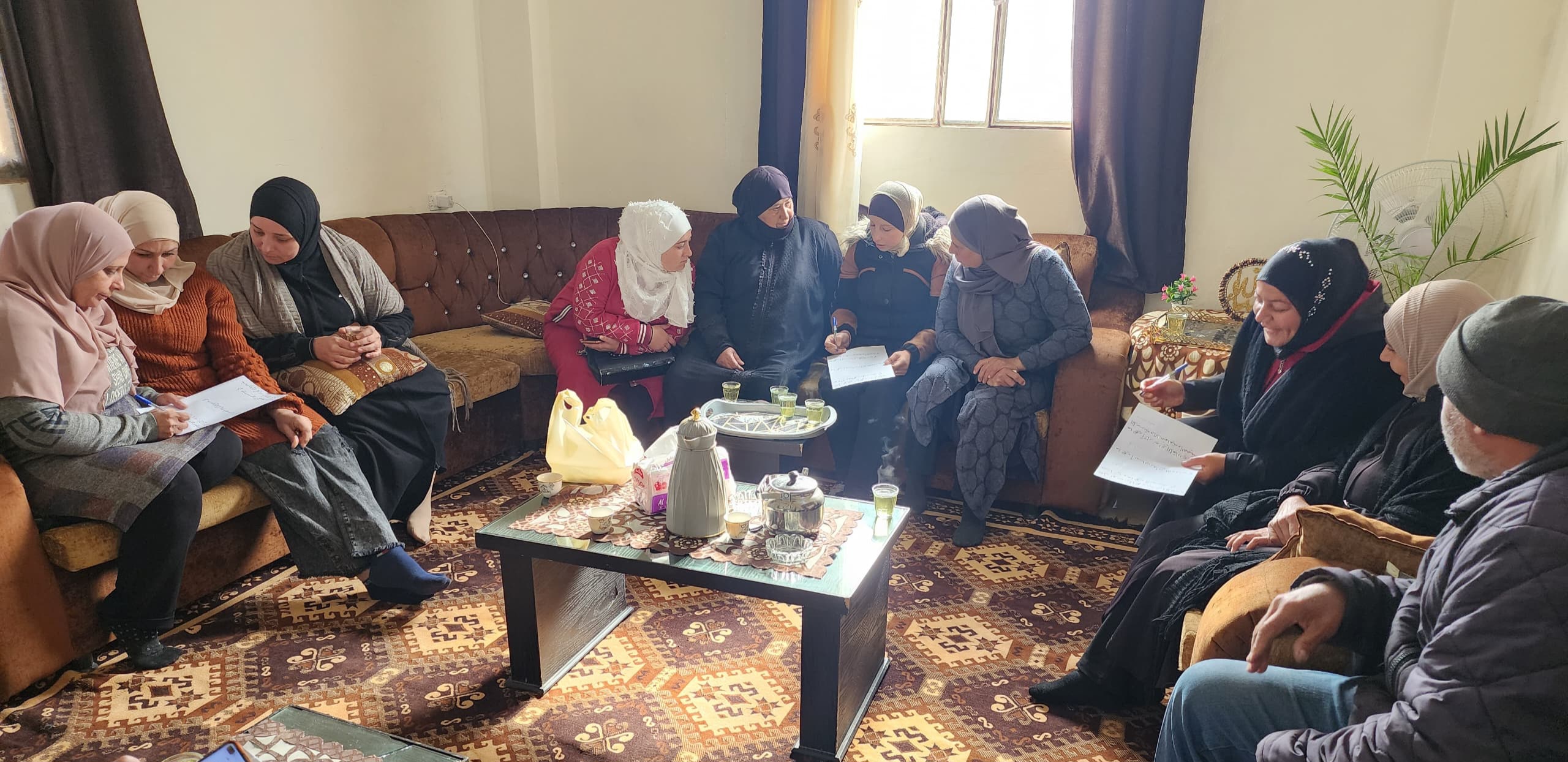
Anchors of Hope: Women driving recovery and resilience - Syria
Strength Rooted in Resilience – Fatima’s Story from Syria
11/06/2025
Syria – May 2025
In the village of Deir Khabiyeh, located in Syria’s Rural Damascus governorate, Fatima Mohammed, 34 years with quite a heavy burden. Her husband has been missing since the early years of the crisis, and with no closure and little hope for his return, Fatima has stepped into the role of sole provider for her 10-year-old son. The weight of trauma, uncertainty, and poverty is real, but Fatima has refused to give up.
Looking for a way to improve her livelihood, Fatima joined a Farmer Field School (FFS) established by FAO through the Building Local Resilience in Syria (BLRS) project, funded by UK Aid. The FFS focused on garlic cultivation, a valuable crop in her region. For Fatima, this was more than a technical course and it was a turning point.
From there, she became involved in a network of FAO supported activities that further strengthened her capabilities and confidence. participated in the Economic and Social Empowerment (EA$E) framework for women’s groups. She also joined the Dimitra Clubs (DC) which are safe, community-led spaces where women discuss shared challenges and develop solutions together. Fatima eventually became the DC focal point in her village, playing a leadership role in a FAO innovation pilot under the Prevention of Violence Against Women and Girls (VAWG) Innovation Pilots integrated within the “Building Local Resilience in Syria (BLRS) - GCP /SYR/030/UK (2022-2028) funded by the UK AID. BLRS project seeks to improve medium-long-term food security and resilience for targeted communities in Syria.
Fatima was also selected to benefit from a new agro-processing unit established by FAO in her community, opening the door to more stable income-generating opportunities. Each of these steps has helped her build both financial resilience and emotional strength.
“As a mother and head of household, the road has been painful and uncertain,” Fatima said. “But through the support and solidarity of these women-led initiatives, I’ve found strength I didn’t know I had. I now believe in my ability to provide and to lead.”
Toni Ettel, Program Coordinator at FAO Syria elaborates, “Under the UK-Aid funded BLRS project, FAO is combining social and economic empowerment interventions targeting both women and men to ensure that gains in building community resilience are lasting and do no harm”.
Fatima's journey is quiet transformation, from isolated hardship to collective action, she has not only built a better future for her son but also become a voice for other women in her village. This is witnessing the important role Women are playing to ensure better life for their families.
